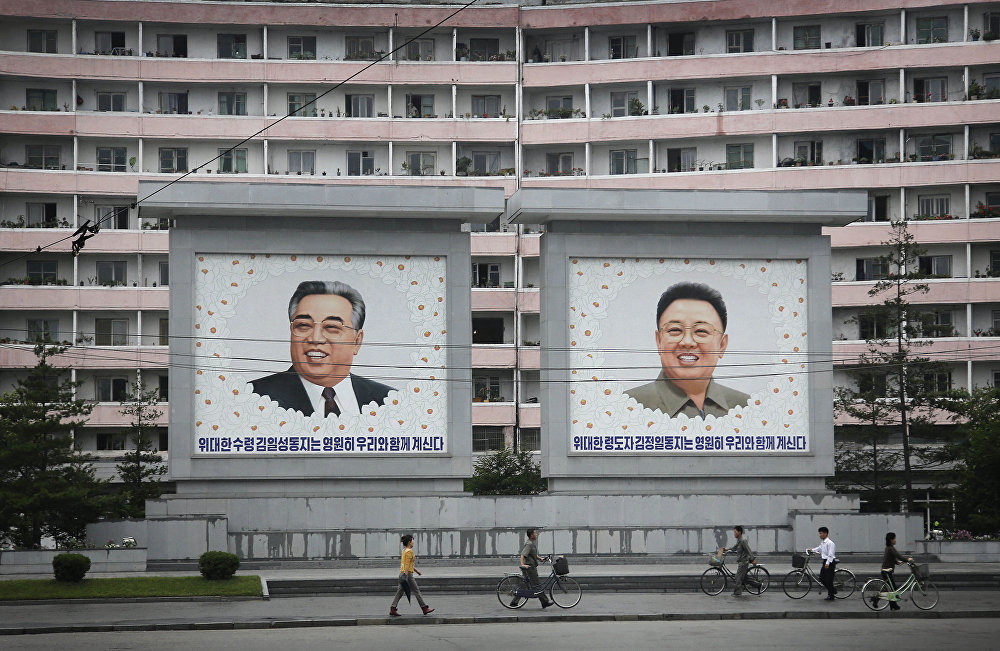Due out this week from Anansi Press is this beautiful collection of stories, the first fiction to come out of North Korea.
They say write what you know, and while I recognise that these stories are fiction, they have their roots in the real world, and as such, give the reader a fascinating glance inside the secretive world of North Korea.
This collection of seven stories shine the light on the oppressive natures of the North Korean government and its heartbreaking effect on those who live under its terrifying regime. From a mother raising a child who is terrified of images of their Great Leader, to a man struggling to travel to another town to visit his dying mother, to the story of a defection that shows the bonds between husband and wife and the things they will do for one another, this tome is a testament to humanity and hope.
Bandi, the Korean word for firefly, had to have his work smuggled out of North Korea. These stories were written by someone who is, even now, living under one of the most terrifying governments of the modern world. He wrote these stories, knowing that no one may ever read them, knowing, even as he wrote them that if they were discovered his life would be over.
That is defiance, that is the flaming of hope. This flame, this light from a firefly shines.

As the reader is drawn into the words, the world, one that we’ve only heard from those who have escaped it, never from one currently under its subjugation, seems like a terrifying look at what could be, and what is for close to 25 million people.
As I turned page after page, the tales almost felt like they could be satire. It couldn’t be possible that such a place exists, that people could be hurt and exploited and terrified the way they are. Yet, each of the stories rings with a truth like a bell in the soul.
We take a lot of our truths and freedoms for granted; we can whine about a late city transit connection, not enough data on our cell phone plan, or the way the barista screwed up your order. We never realise how good we have it. Bandi’s words, while shining the truth on the reality of North Korea, also casts into sharp relief how First World problems are just that.
Bandi’s collection is not only important for the fact that it is the first collection of stories to come from someone still living in North Korea, it is also of great import because these are human stories and struggles. We see ourselves in them, how we would react in similar circumstances, or how we would chafe and struggle against oppression. We relate, and from that relation can come change.
Bandi’s The Accusation is available this week, and should move to the top of your reading list.

